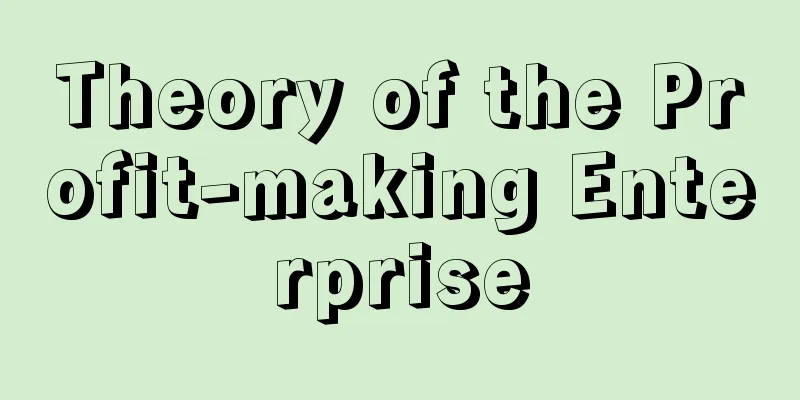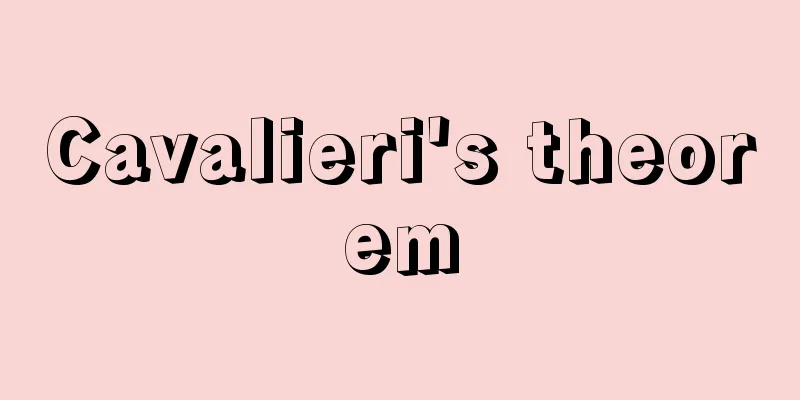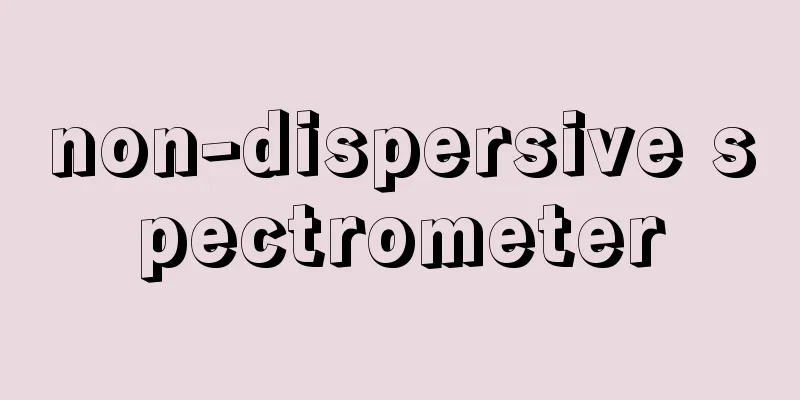Theory of the Profit-making Enterprise

|
…There are many theoretical and ideological differences between these three, but broadly speaking, the essence of the Institutional School is that it replaces the individualistic view of society based on the psychological laws of pleasure and pain in utilitarianism with a view of economic institutions as something that is created and evolves through deep connections with political, social, and cultural factors. Veblen in particular stands out with works such as The Theory of the Leisure Class (1899) and The Theory of Commercial Enterprise (1904). He made full use of his extensive knowledge of anthropology, psychology, philosophy, and linguistics to develop what might be called a symbolic or psychoanalysis of economic behavior. … From Veblen... Veblen's "institution" is a system of customs, and "custom" is something that has various symbolic meanings that are socially shared and standardized. Veblen's work described the process by which institutions in this sense are historically generated, developed, and collapsed, mainly from an evolutionary perspective, and his representative works include "The Theory of the Leisure Class" and "The Theory of Commercial Enterprise." The most important of Veblen's claims is the dualism of instinct and institution. ... *Some of the terminology used in the "Theory of the Profit-Making Enterprise" is listed below. Source | Heibonsha World Encyclopedia 2nd Edition | Information |
|
…この3者の間にも多くの理論的および思想的な違いがあるが,おおまかにくくれば,功利主義的な快苦の心理法則にもとづく個人主義的社会観にかえて,政治的,社会的そして文化的な諸要因との深いつながりのもとに創造され進化していくものとして経済制度をとらえる観点を採用するところに,制度学派の本質がある。 とくにベブレンは,《有閑階級の理論》(1899)や《営利企業の理論》(1904)などの著作によって,ひときわ異彩を放っている。彼は,人類学,心理学,哲学および言語学などに及ぶ該博な知識を駆使して,経済行為の象徴分析あるいは精神分析とでもいうべきものをくりひろげたのである。… 【ベブレン】より… ベブレンのいう〈制度〉とは慣習の体系のことであって,また〈慣習〉とはいろいろの象徴的な意味が社会的に共有され定型化されたもののことである。この意味での制度が歴史的に生成し,発展し,瓦解していく過程を,おもに進化論的な見地に立って叙述したのがベブレンの仕事であり,その代表的なものとして《有閑階級の理論》と《営利企業の理論》とがある。ベブレンの主張のうちで最も重要なものは本能instinctと制度institutionの二元論である。… ※「《営利企業の理論》」について言及している用語解説の一部を掲載しています。 出典|株式会社平凡社世界大百科事典 第2版について | 情報 |
<<: Illustrated Kyogen Book - Eirikyogenbon
Recommend
Kawasaki Nine Entrance
Noh actor. Kadono school otsuzumi performer. His ...
Ethynylbenzene
…Ethynylbenzene is also known as ethynylbenzene. ...
Corydoras
...their body is covered with bony plates (usuall...
The Ando Rebellion
At the end of the Kamakura period, a conflict brok...
Skaergaard intrusion - Skaergaard intrusion
A layered intrusion on the Skaergat Peninsula in e...
Editing session - Shushoe
A Buddhist ceremony held for three or seven days ...
Nikolaevsk‐na‐Amure (English spelling)
A city in the Khabarovsk region of the Russian Far...
Hyogo Prefecture - Hyogo
The prefecture at the western end of the Kinki reg...
Rice stem maggot
An insect belonging to the family Ceromyzidae, su...
Immediate Compulsion - Sokujikyosei
It refers to the action of administrative agencie...
Operator - Opereta
…Shipping operations can be broadly divided into ...
Kanbara Shrine Tomb - Kanbara Shrine Tomb
This ancient tomb was located beneath the main ha...
Katori Shrine
Located in Katori, Katori City, Chiba Prefecture....
Foot-striped
An annual grass of the Gramineae family (illustrat...
Hiraizumi Culture
This culture flourished in the late Heian period, ...









